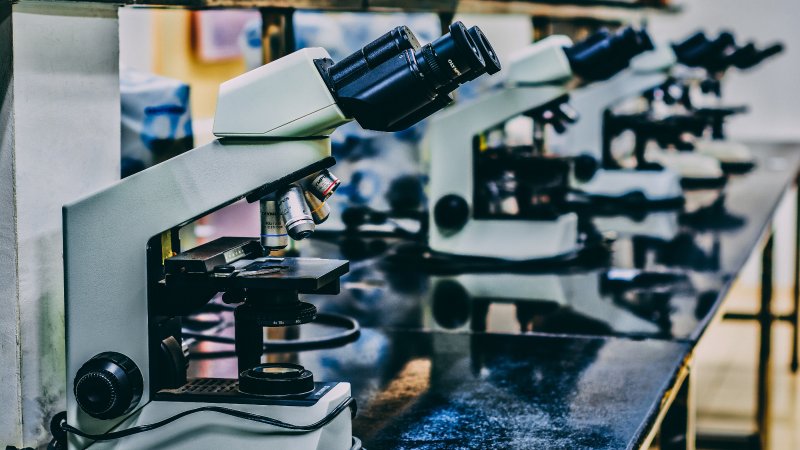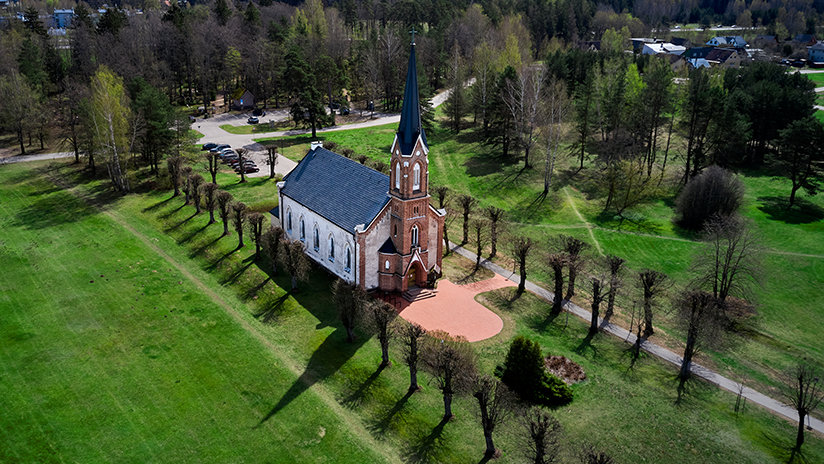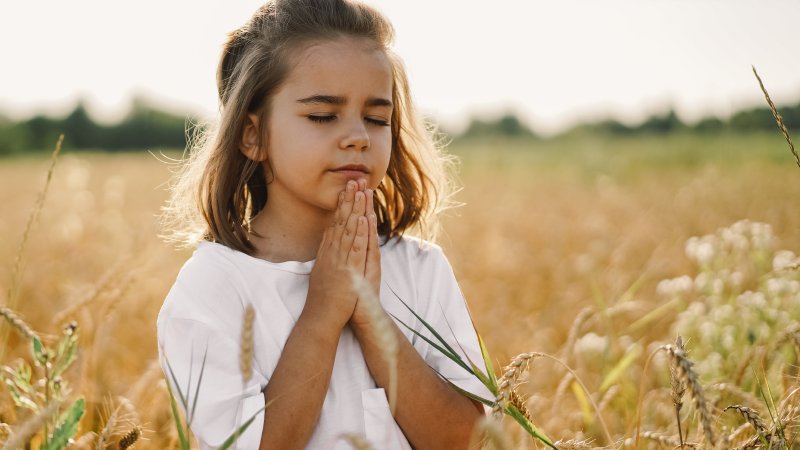
-
HOME
-
WHAT IS STANDOur Mission Our Values Our Help Contact
-
WHAT WE FIGHT FORReligious Freedom Religious Literacy Equality & Human Rights Inclusion & Respect Free Speech Responsible Journalism Corporate Accountability
-
RESOURCESExpert Studies Landmark Decisions White Papers FAQs David Miscavige Religious Freedom Resource Center Freedom of Religion & Human Rights Topic Index Priest-Penitent Privilege Islamophobia
-
HATE MONITORBiased Media Propagandists Hatemongers False Experts Hate Monitor Blog
-
NEWSROOMNews Media Watch Videos Blog
-
TAKE ACTIONCombat Hate & Discrimination Champion Freedom of Religion Demand Accountability
The Role of Religion in a Coronavirus World
“The only thing we have to fear is fear itself.” — Franklin Delano Roosevelt
These are sage words.
Fear breaks down a man’s sense of brotherhood. Make a man afraid, and he takes refuge in superstition.
The appearance of a deadly virus capable of spreading like a prairie fire has understandably made many people afraid.
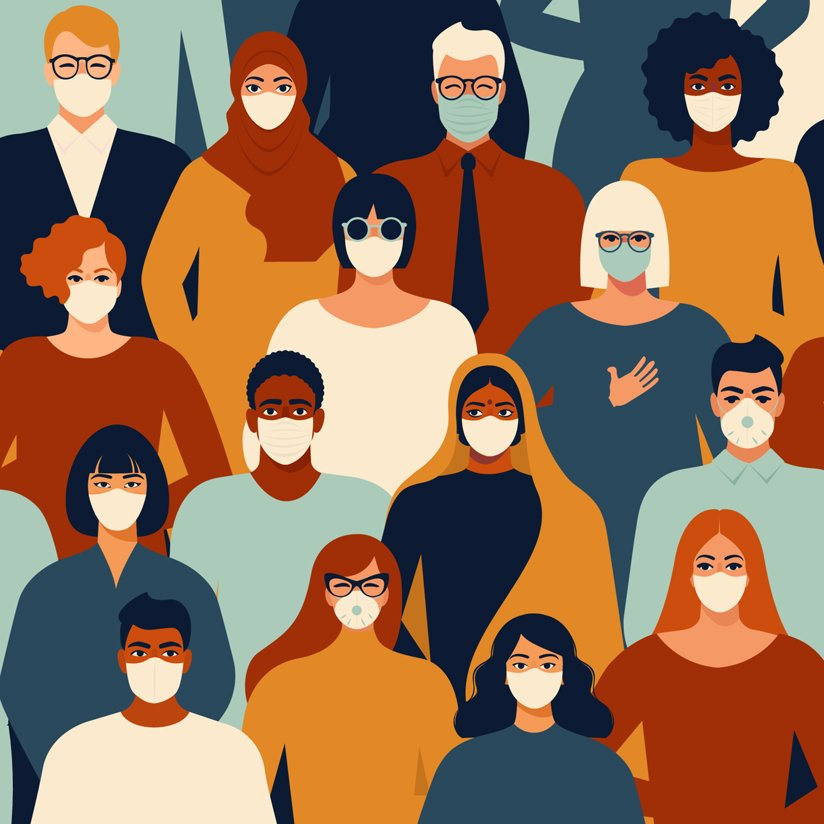
As the Kantor Center at Tel Aviv University observed, incidents of anti-Semitic hatred have flared up during the pandemic, giving fuel to centuries-old prejudices that associate Jews with disease. One incident noted by the center showed people at a protest in Ohio holding signs showing a rat wearing a Star of David and yarmulke. The signs read “the real plague.”
And on March 14, Jose Gomez attempted to kill three members of an Asian-American family in Midland, Texas. Gomez said he stabbed the family because he “thought the family was Chinese, and infecting people with the coronavirus.”
Man’s relationship to God; his brotherhood with his fellows; his place in the eternal continuum—these are ideals that lift him above fear.
Even inanimate objects are targeted. In England, someone started a rumor that wireless signals from 5G cell phone towers were the true source of the coronavirus plague. Like vigilantes hunting a 20th-century Frankenstein, mobs set four towers to the torch. Employees of the local wireless service provider were subjected to verbal abuse. One woman who confronted a crew laying fiber in East London demanded, “Do you know that kills people?”
What is going on here? It’s actually quite simple. When faced with darkness, man grasps at anything he thinks will bring him light.
How much better when he turns to religion in uncertain times.
Man’s relationship to God; his brotherhood with his fellows; his place in the eternal continuum—these are ideals that lift him above fear and provide him a sense of continuity and order in times of chaos.
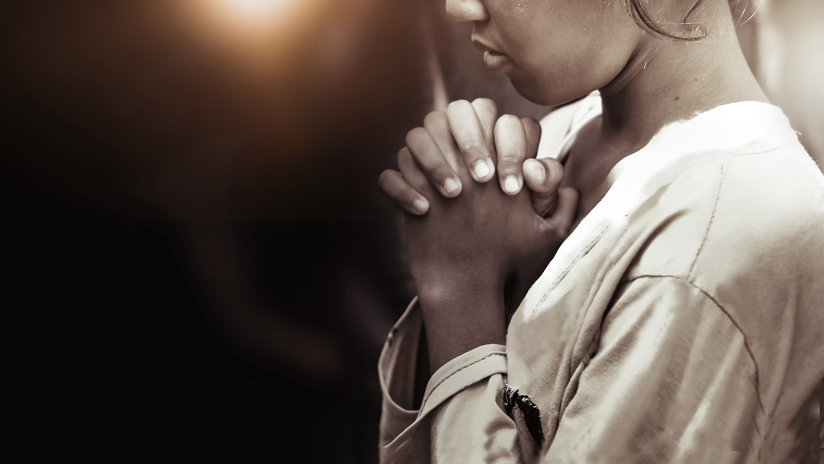
In England, Rabbi Elana Dellal of the Liberal Jewish Synagogue offered, “Whether you are in need of an extra loo (toilet) roll, some food dropped off or a listening ear to share your fears, let us be the planks for one another in the weeks ahead.”
It’s not just religion that is fostering this sense of charitable order. It’s the goodness in man.
The Rev. Jay Voorhees, pastor of City Road Chapel in Nashville, Tennessee, started a fund to help those who had been laid off get through the crisis, as have Jewish communities in California and Muslim organizations who have raised over $200,000 for the poor.
In North Carolina, a Christian relief organization called Samaritan’s Purse airlifted a field hospital and medical personnel to the northern-Italian city of Cremona, to help counter the shortage of facilities and staff caused by the pandemic.
In Italy, Catholic charities continue to operate soup kitchens for the poor, despite the personal risk.
Meanwhile, in both California and Michigan, religious groups are purchasing and delivering groceries for those most vulnerable.
There are of course hundreds, maybe thousands, more instances of people of faith helping others in need today.
In my community, one lady is organizing the women in her neighborhood to help retired people get through this crisis. One of my neighbors, a devout Christian, does much the same on our block.
It’s not just religion that is fostering this sense of charitable order. It’s the goodness in man. But that goodness has been the focus of religious faith for millennia. It is to all our benefits that it flourishes today.






